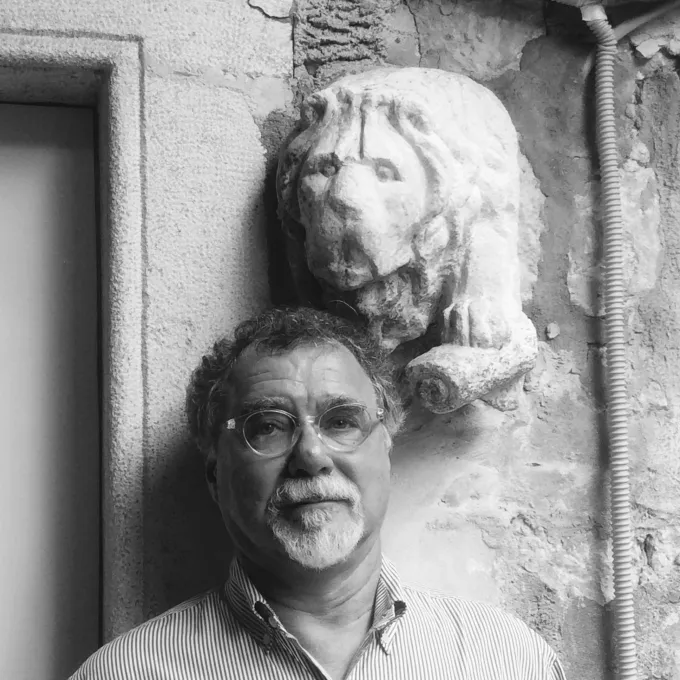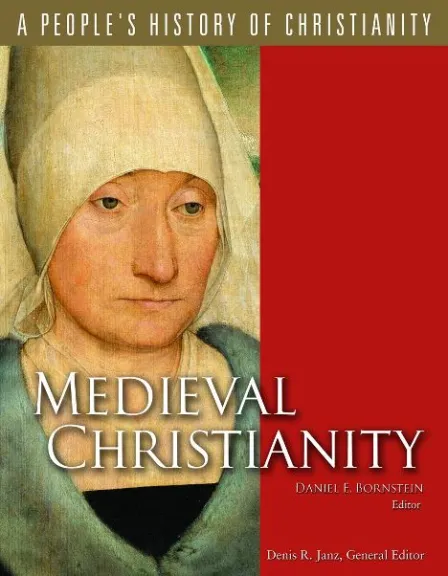Professor Bornstein's research focuses on the religious culture of medieval and Renaissance Italy, with a special interest in popular devotion and the role of religion in daily life.
Professor Bornstein is presently completing a study of religion, culture, and society in the diocese of Cortona, following the evolution of lay/clerical and urban/rural relations over an extended period of time. His starting point is the late thirteenth century, when Cortona began to define its distinct ecclesiastical identity around the body of the local saint, Margherita. He then examines the impact of the Black Death of 1348 and subsequent epidemics, to see how religious institutions and devotional life responded to demographic catastrophe, economic crisis, and social unrest. Finally, Bornstein assesses the effects of political change over the course of the fifteenth century, when Cortona lost its independence and became part of the Florentine state.
Once the Cortona project is finished, he will turn his attention to two projects addressing interrelated issues of religious belief and practice, gender formation, and cultural communication. The first is a study of the transmission and reception of religious ideas in late medieval Italy. The central figure in my study is Giovanni Dominici (1355-1419), a prominent religious reformer and ecclesiastical politician who dedicated much of his career to crafting social and religious models for women. He wrote for laywomen and cloistered nuns on topics ranging from mystical theology to child rearing and household management. What is most unusual, however, is that we have writings by the very women to whom Giovanni’s works were addressed.
These writings allow us to measure with rare precision the ways women responded to the social, cultural, and religious messages that were being directed at them. The second project is a study of the body-snatching nuns of Corpus Domini. Bornstein's starting point is a dramatic episode of relic theft: in 1476, in the midst of a dispute with another convent over patronage rights to the parish church of Santa Lucia in Venice, the Dominican sisters of Corpus Domini took the body of the virgin-martyr St. Lucy and hid it under their staircase, provoking outraged reactions from both ecclesiastical and secular authorities. This episode will shed light not only on relic theft in Renaissance Venice, but on competition and rivalry between female religious communities, the involvement of cloistered women in parochial functions and the care of souls, and the intrusion of state agencies in the supervision of convents.


